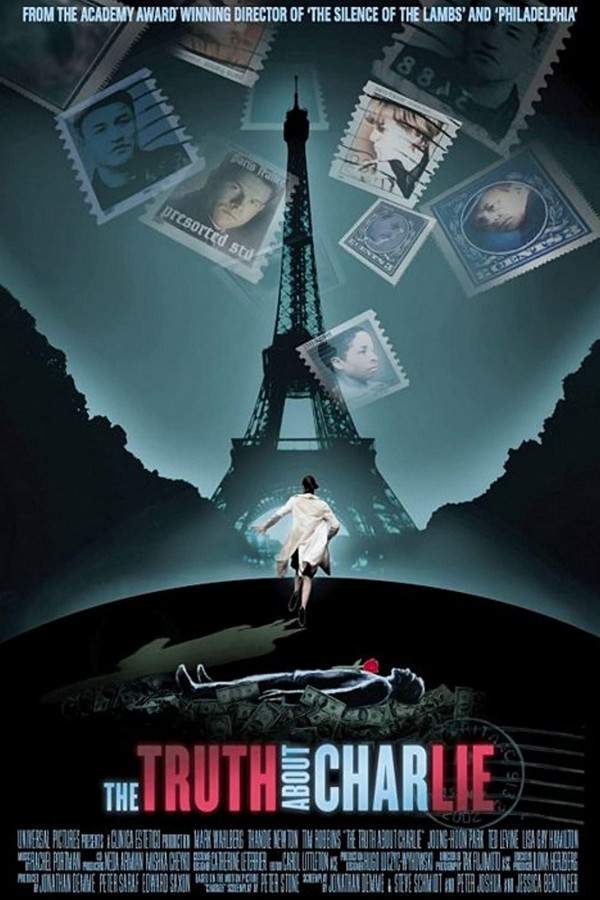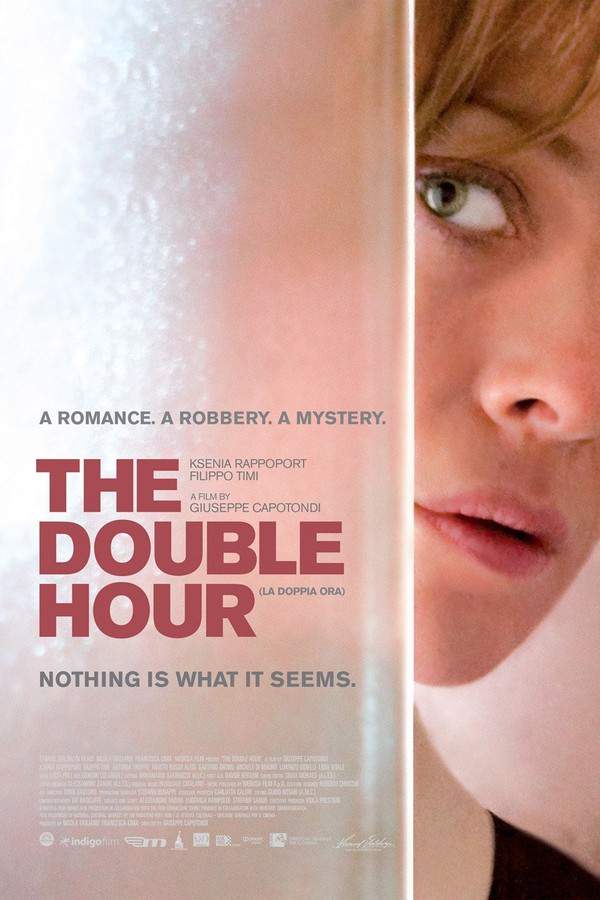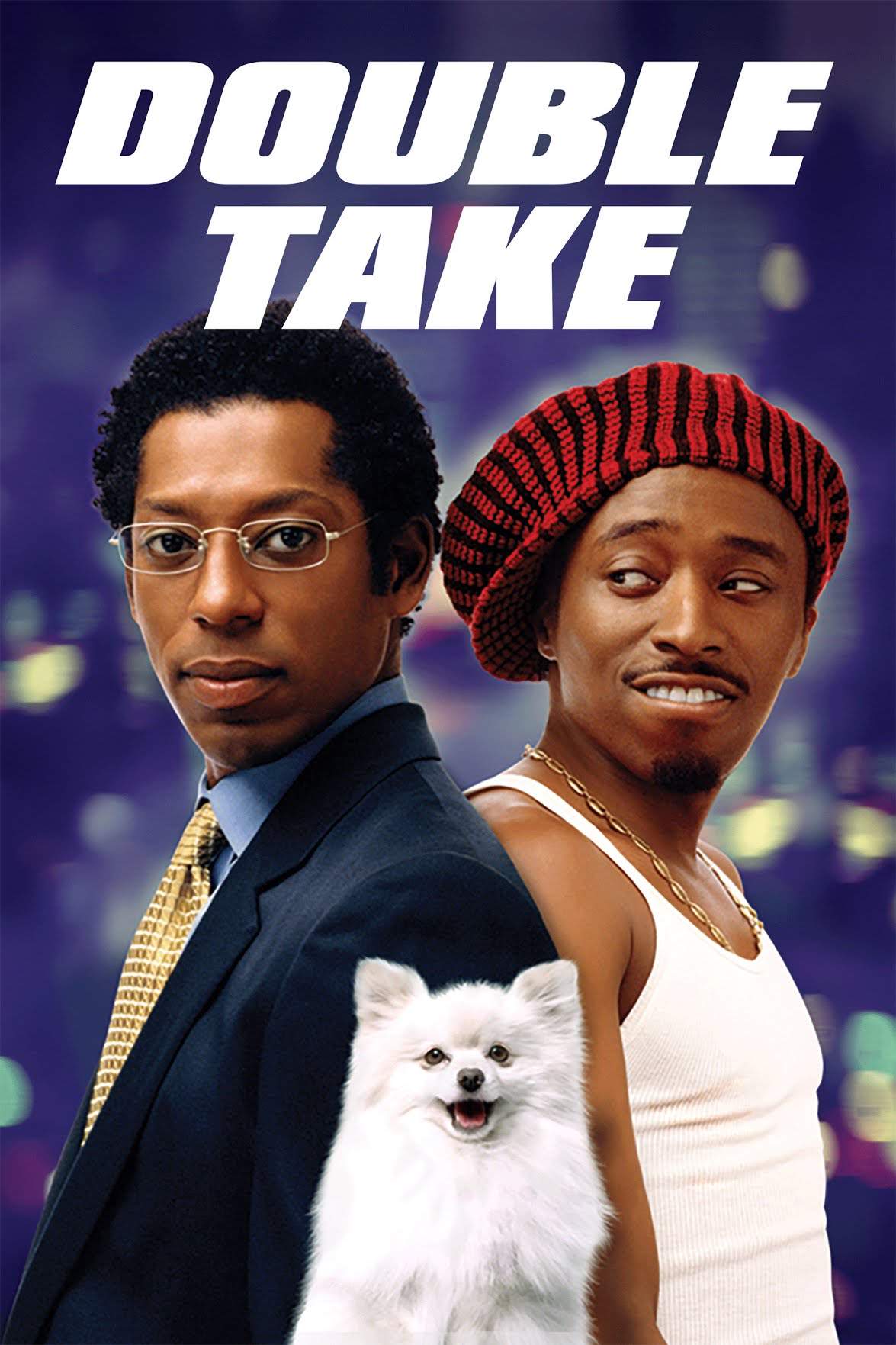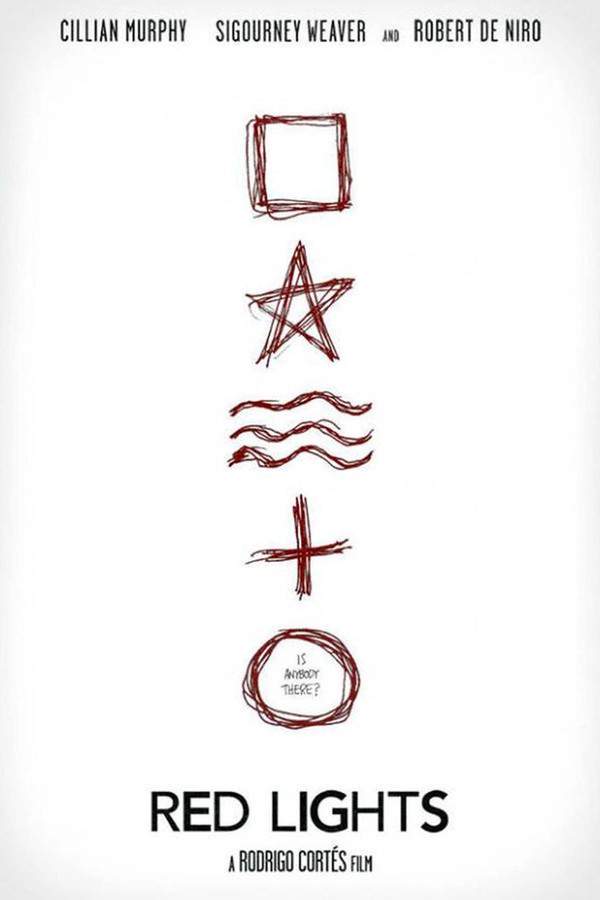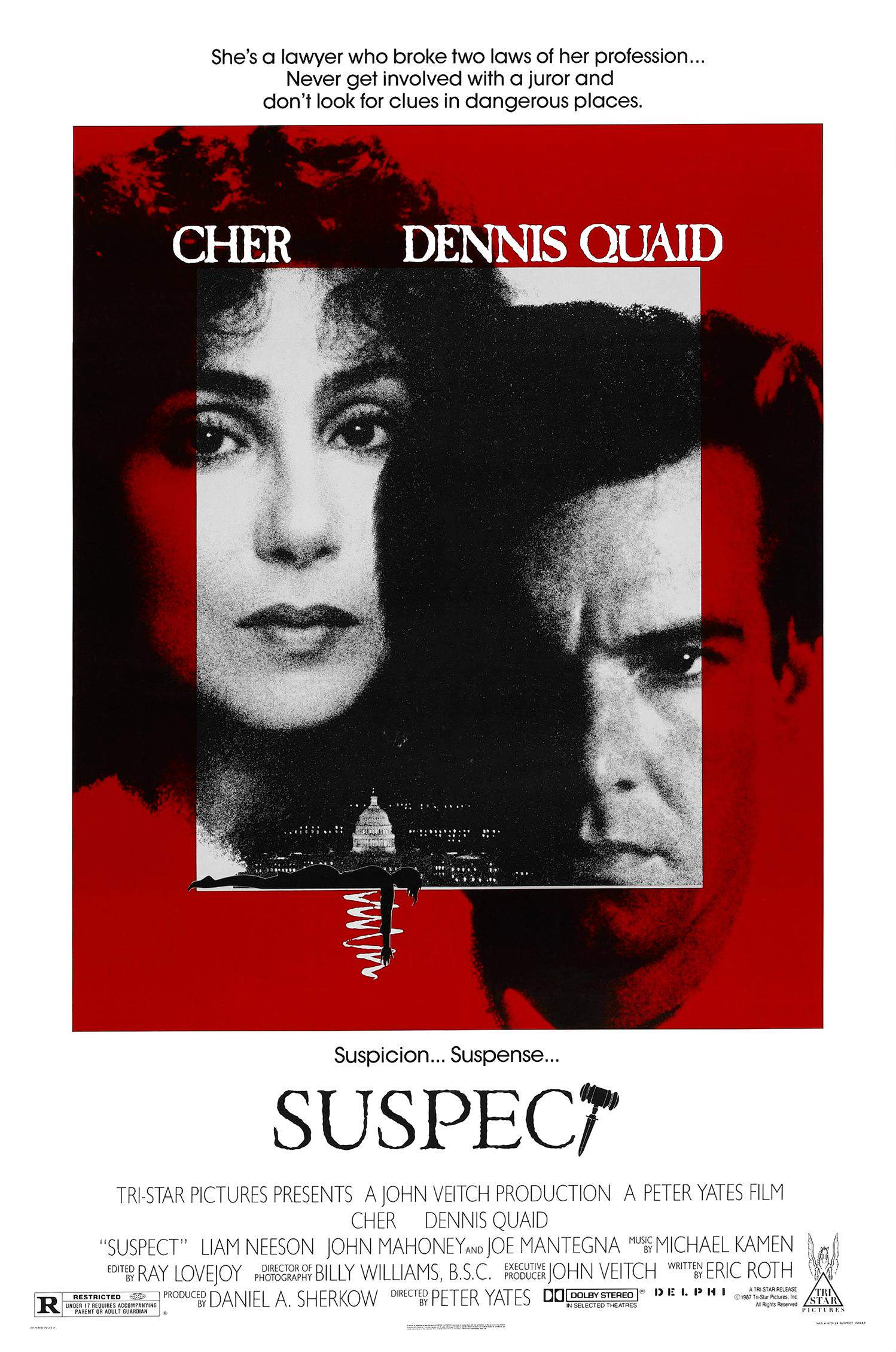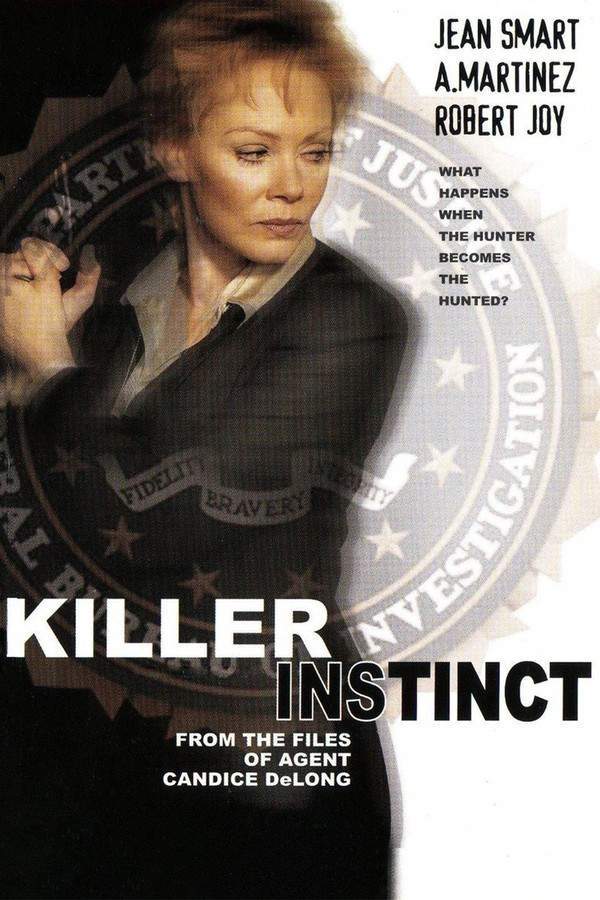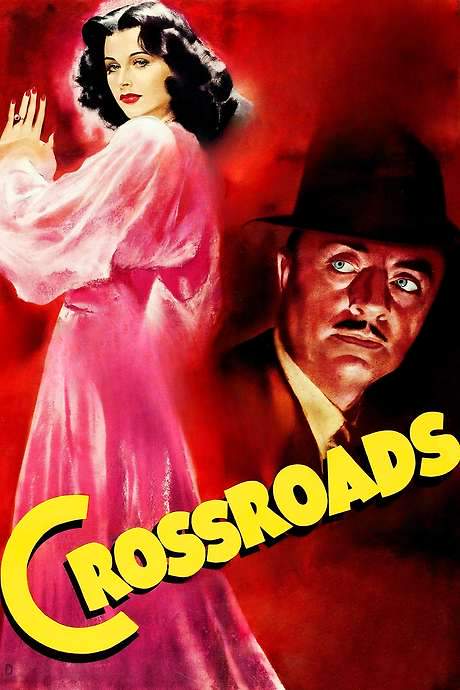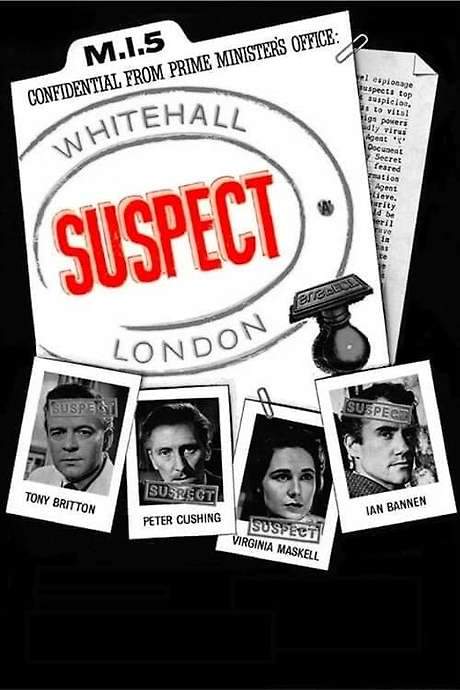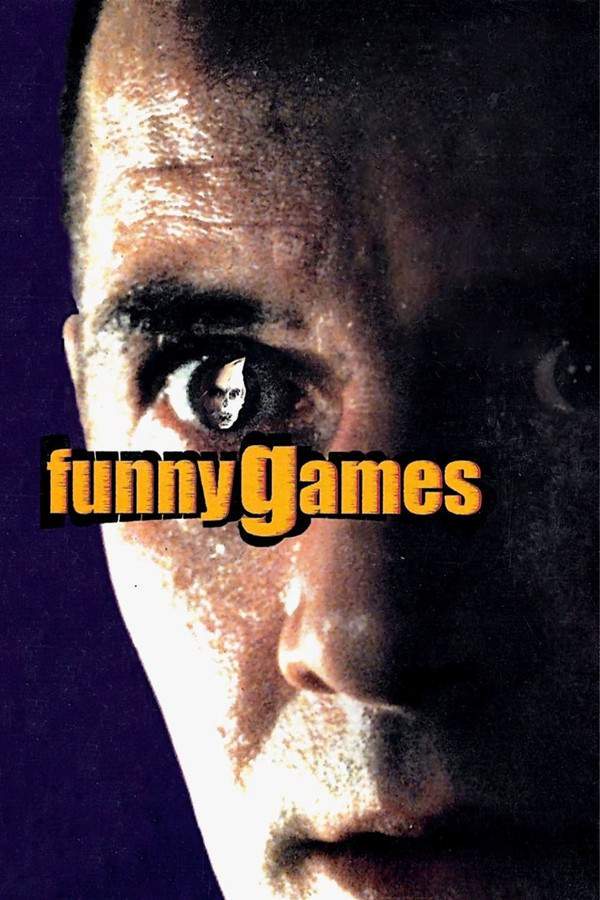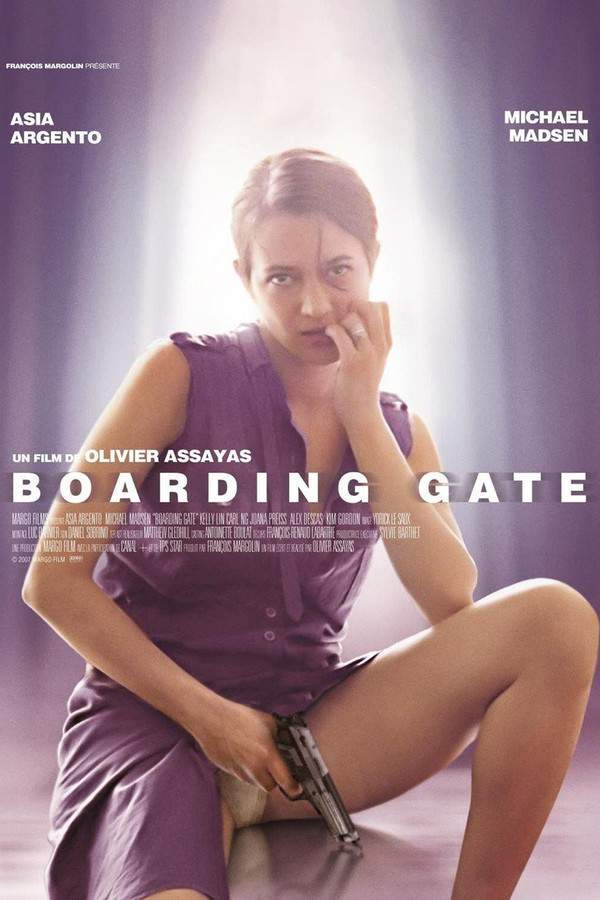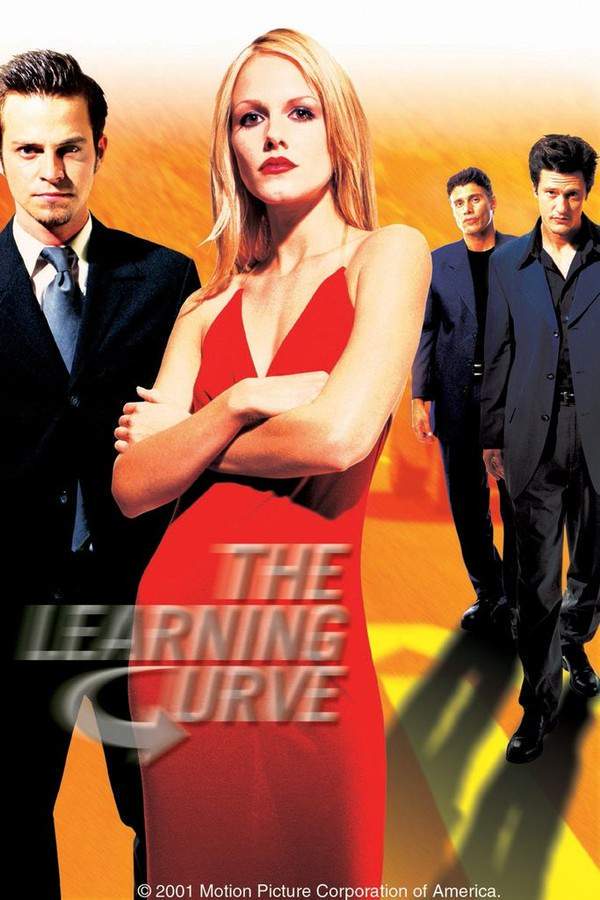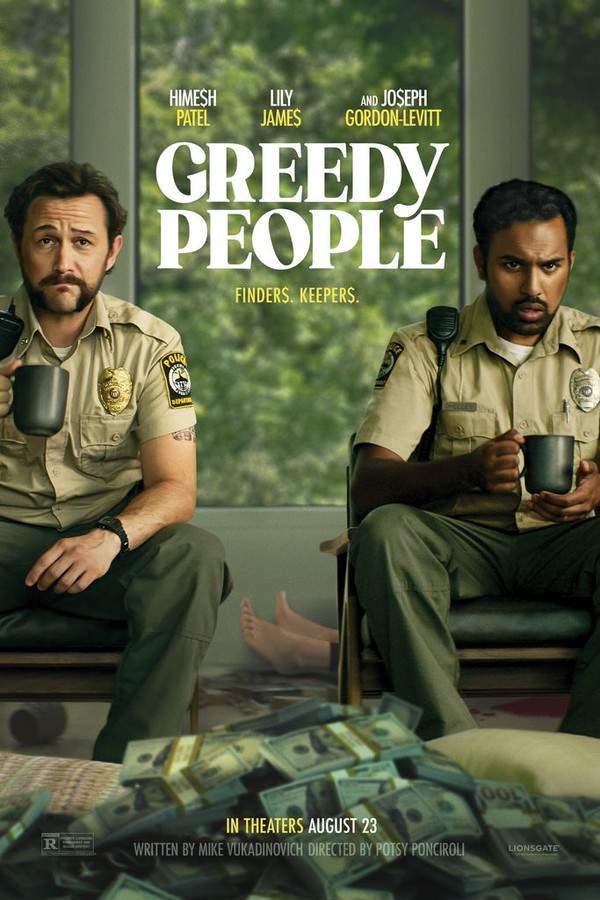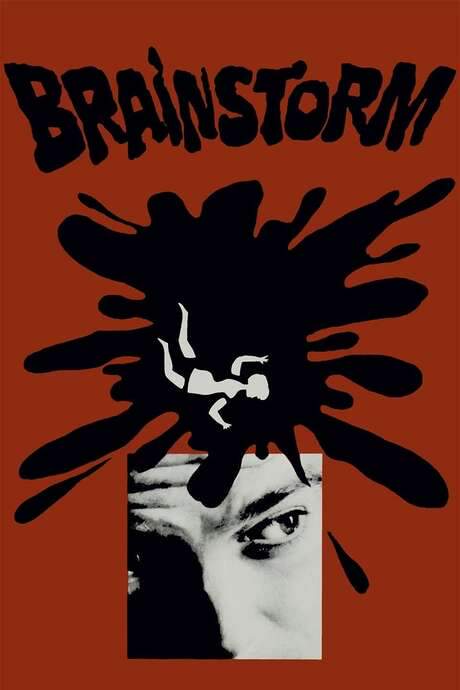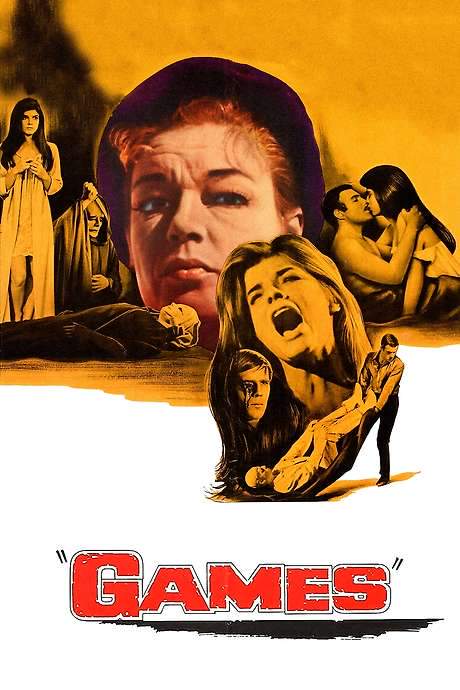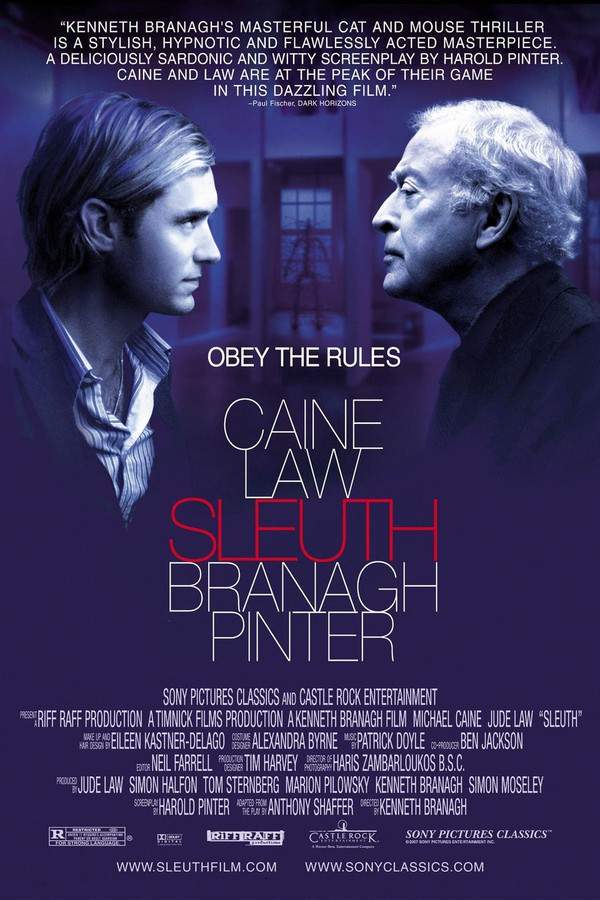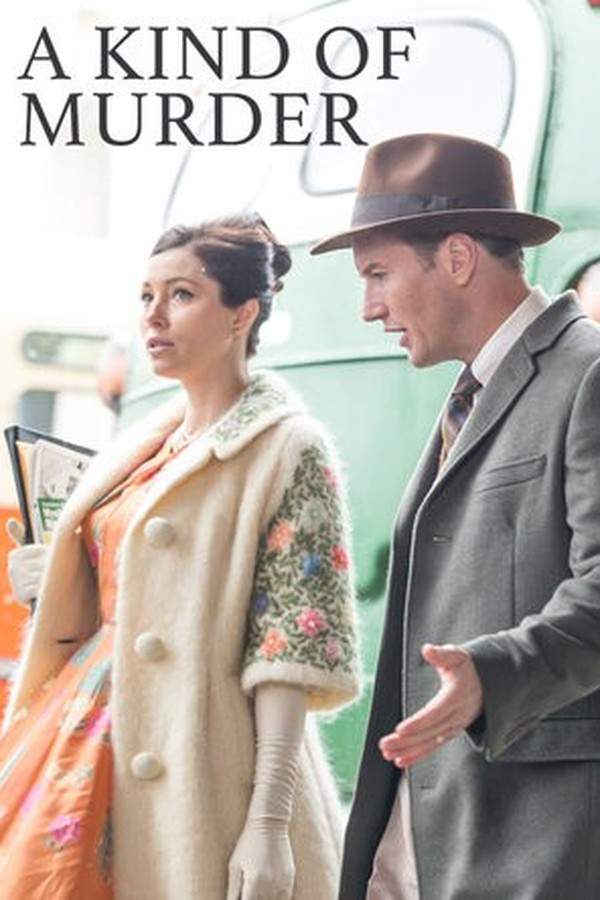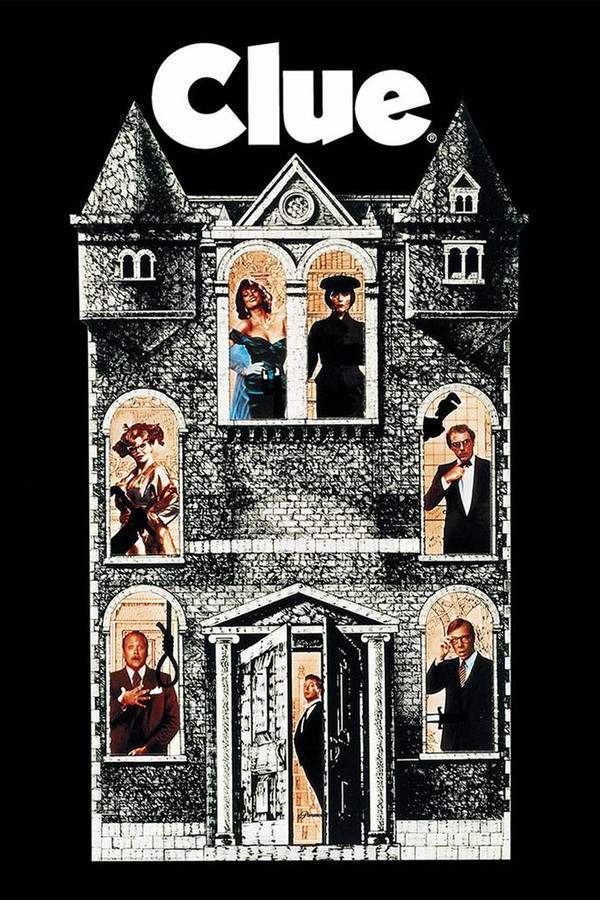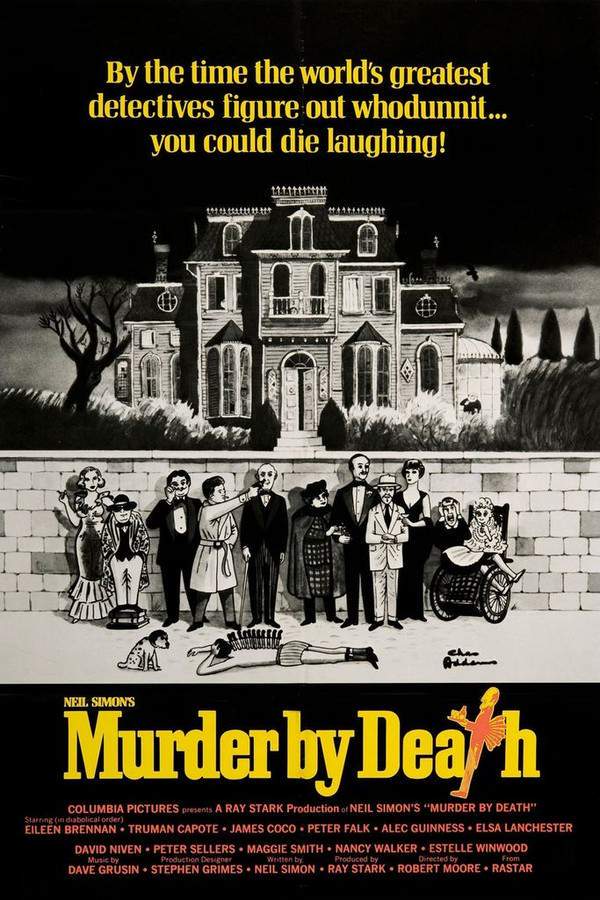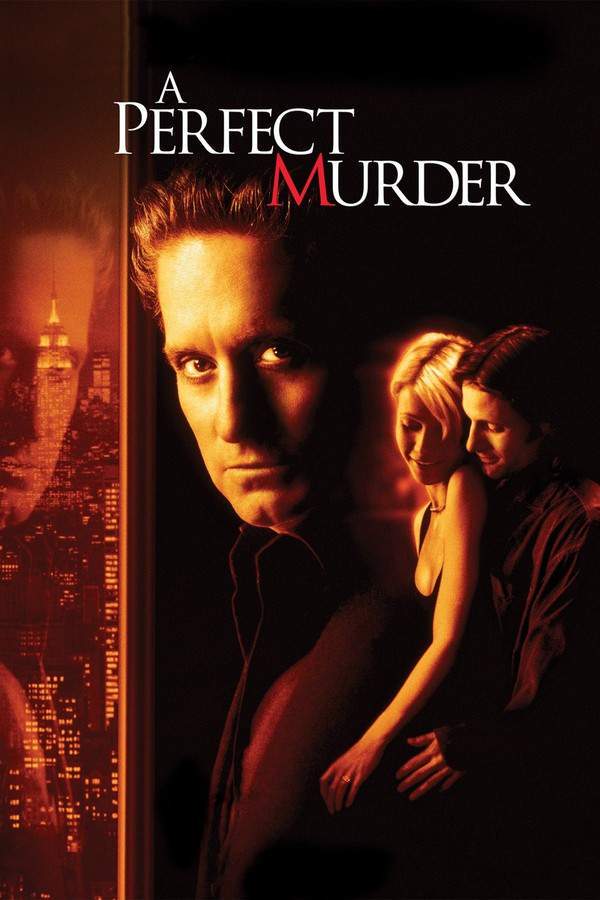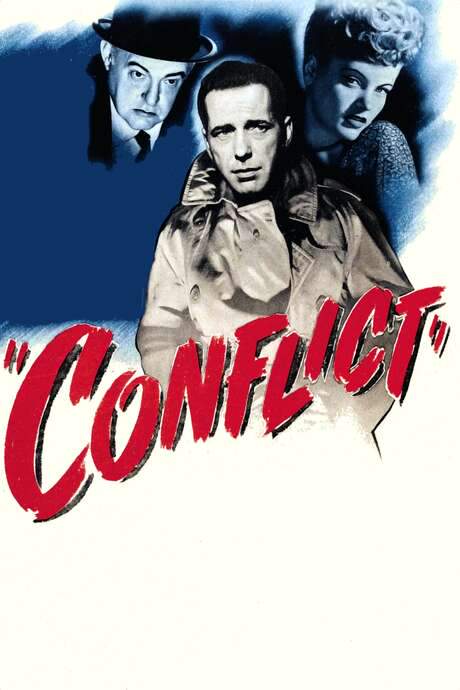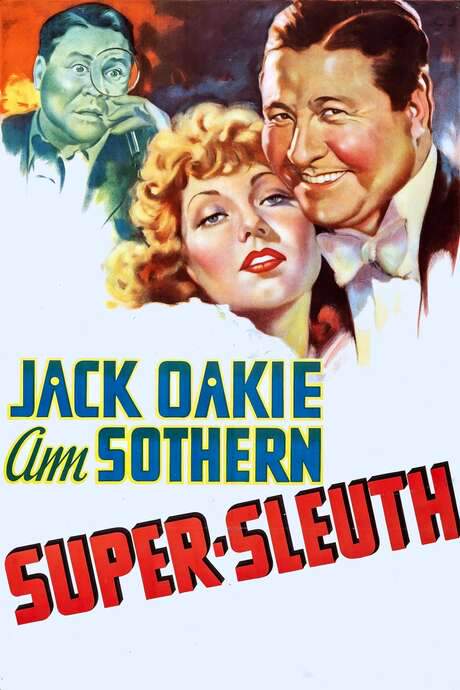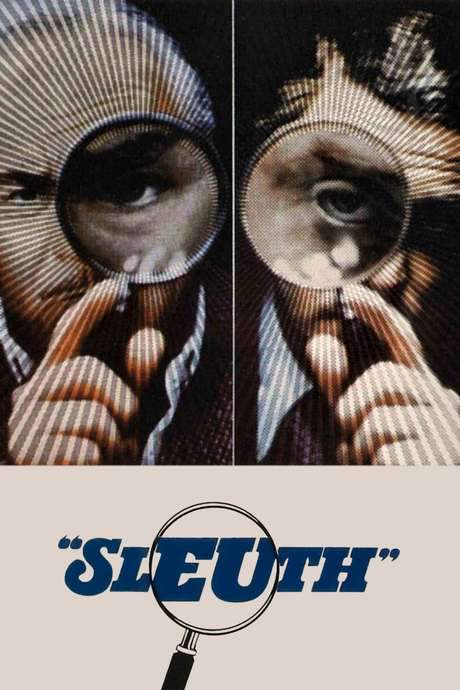
Sleuth
Year: 1972
Runtime: 138 mins
Language: English
Director: Joseph L. Mankiewicz
Envisioning the perfect crime, a man obsessed with games and theatrical deception lures his wife’s lover to his home, turning a seemingly simple meeting into an elaborate battle of wits. As each tries to outmaneuver the other, the contest spirals toward increasingly dangerous, potentially lethal consequences.
Warning: spoilers below!
Haven’t seen Sleuth yet? This summary contains major spoilers. Bookmark the page, watch the movie, and come back for the full breakdown. If you're ready, scroll on and relive the story!
Sleuth (1972) – Full Plot Summary & Ending Explained
Read the complete plot breakdown of Sleuth (1972), including all key story events, major twists, and the ending explained in detail. Discover what really happened—and what it all means.
In a creaking country manor that feels thick with secrets, Andrew Wyke, a renowned crime fiction author, fills his home with meticulously arranged games, automata, and hints of a life lived on the edge of illusion. He invites his wife’s lover, Milo Tindle, a two-salon entrepreneur who hasn’t yet found steady financial footing, to his house with a startling proposition: he wants Milo to take his wife, Marguerite Wyke, off his hands so he can pursue his younger, more glamorous mistress, Téa. The setup feels almost theatrical, like a trap disguised as hospitality, and Wyke’s invitation comes with a dangerous bargain: Milo should steal valuable jewellery from the house, and Wyke will recoup the loss through an insurance claim.
From the moment Milo steps inside, the old manor becomes a chessboard where social status, class, and masculine pride are the pawns. Wyke insists that Milo needs the money to keep Marguerite content, even as he needles Milo about his profession as a hairdresser and his “un-English” background as the son of an Italian immigrant who rose to a second-rate public school. The terms of the game are cunningly laid out: carry out a flawless burglary, and Wyke will step back from his marriage arrangements, enabling Milo to keep both his self-respect and his client’s affection. Milo, eager to secure his financial footing and continue his life with Marguerite, reluctantly agrees to participate in a plan that could salvage him or ruin him.
Wyke then guides Milo through an elaborate ruse that feels invented more for sport than for necessity—a fake robbery designed to test loyalty, nerve, and the boundaries of trust. The house itself seems to conspire—its mazes of passages, its ornate foolishness, its automata that clang and wheeze in the background—as if the very architecture is a collaborator in the deception. The mood is tense, almost ceremonial, with each insult, taunt, and countermove calculated to wound Milo’s pride as a professional and to humiliate him for daring to cross Wyke’s path. The older man’s aim appears twofold: to claim victory in a gaudy display of intellect, and to force Milo into a position where he cannot refuse Wyke’s terms without admitting defeat in the most public way possible.
As the plan unfolds, the room grows heavier with implications. Wyke’s insinuations burn away Milo’s control, and the game shifts from insurance to something darker—an intent to destroy Milo completely. Then comes a moment of chilling escalation: Wyke points a gun at Milo, insisting the supposed theft was a mere fabrication to frame Milo and crush him. The revelation lands like a blow, and Wyke’s contempt for Milo’s background and success—his hairdressing business, his outsider status—underscores a deeper paranoia and a hunger for dominance.
The tension explodes when Inspector Doppler arrives to investigate Milo’s disappearance. The appearance of law and order only sharpens the sense that the house is a stage and the players are trapped in a performance they cannot escape. Wyke, under pressure, concedes that the burglary was a hoax. Yet the inspector’s examination of the scene and the mounting evidence slowly reveals that there is more than one game at play, and that Wyke’s bravado cannot stand up to scrutiny. At a pivotal moment, the ruse fractures when Doppler’s inquiries reveal that the events have spiraled beyond a simple counterfeit crime.
Here the plot pivots again: Wyke discovers that the inspector is, in fact, Milo in disguise, a revelation that tilts the balance of power decisively back toward Milo. The two men exchange exchanged humiliations and false courtesies, and the notion of “winning” becomes increasingly ambiguous. Even as Wyke pretends to see through Milo’s disguise, Milo asserts that he has earned a deeper, more revelatory humiliation—one that goes beyond the first deception. The men acknowledge that they have both played each other to the limit, each insisting that the other cannot truly comprehend the depths of their games.
But the games intensify. Milo insinuates that Téa, Wyke’s mistress, has met a fatal end and that incriminating evidence has been planted around the house to seal Milo’s guilt. Wyke cannot believe what he is hearing, and he phones Téa to confirm—only to learn from Téa’s flatmate, Joyce, that Téa is dead. Following Milo’s careful breadcrumbs, Wyke searches the house for the supposed evidence, growing more frenzied as each clue points toward a murder that only exists in Milo’s elaborate narrative. Just as the tension reaches a fever pitch, Milo reveals a second, even more devastating twist: Téa’s death was another fabrication, engineered with Téa and Joyce’s willing participation as payback for the humiliations Wyke has inflicted.
The sense of betrayal deepens as Milo exposes new, scalding truths about Wyke—truths that lay bare Wyke’s fragility and his unchecked need to control every facet of the game. The police, whom Wyke fears and/or depends upon, appear to be closing in, and Milo suggests that there is no real police presence at the door, only a carefully orchestrated illusion—another layer of the game. The revelation lands with a brutal finality: Téa had told Milo about Wyke’s impotence, a revelation designed to wound Wyke where he is most vulnerable.
In a moment that seems to crystallize Wyke’s fate, Milo confirms that he did report the burglary to the police, and that they would, in time, find the truth of Wyke’s manipulation too public to ignore. The tension erupts into violence as Wyke, pushed beyond endurance, shoots Milo, mortally wounding him. As the police outside pound on the door, Wyke is left a broken man, surrounded by the humming of the automata he loves and built to represent control and order, now a cacophony that underscores his collapse.
In the final, cruel beat, Milo—as the police are said to be arriving—offers a last, cruel line: that it was all “a bloody game.” He dies with a note of sardonic satisfaction, having orchestrated a double reversal that leaves Wyke not merely defeated, but utterly humiliated. The ending steadies on Wyke’s raw exposure to his own vanity and cruelty, a man who could not admit being outplayed even as the truth of the night’s events becomes undeniable.
This is a claustrophobic drama of intellect, pride, and revenge, where each character believes they are the master of the game and discovers, too late, that their opponent has already rewritten the rules. The manor, the mechanical toys, and the insistence on control fuse into a chilling meditation on what people will do to protect their egos—and what someone might do to prove that nothing in life is quite as simple as it seems.
Last Updated: October 09, 2025 at 09:34
Explore Movie Threads
Discover curated groups of movies connected by mood, themes, and story style. Browse collections built around emotion, atmosphere, and narrative focus to easily find films that match what you feel like watching right now.
Movies with intense two-person mind games like Sleuth
A lethal duel of intellects, where every word is a weapon and deception is the only rule.If you enjoyed the cerebral duel in Sleuth, explore other movies like it that feature two brilliant characters locked in a high-stakes battle of wits. These similar films focus on psychological manipulation, verbal sparring, and narrative twists within a tightly contained setting.
Narrative Summary
The narrative typically centers on a contained confrontation between two characters, often in a single location. Power dynamics constantly shift through a series of revelations, bluffs, and double-crosses, escalating the personal stakes until the game reaches a dangerous, often irreversible conclusion.
Why These Movies?
These films are grouped together because they all deliver a specific, intense experience centered on intellectual combat. They share a focus on razor-sharp dialogue, psychological depth, and a tense, claustrophobic atmosphere where the primary conflict is one of minds, not action.
Movies about intellectual games turning deadly like Sleuth
When elegant intellectual exercises spiral into unforeseen, fatal consequences for the players.Fans of Sleuth who appreciate stories where a clever game spirals out of control will find more movies like it here. These similar thrillers and dramas explore the dark consequences of psychological manipulation, where pride and cunning lead to bleak and devastating outcomes.
Narrative Summary
The narrative follows a protagonist who believes they are in complete control of an elaborate intellectual game. Their overconfidence and toxic pride blind them to the humanity of their opponent, leading to a point where the theoretical game breaks down, resulting in real, often fatal, consequences that they failed to anticipate.
Why These Movies?
This thread connects movies that explore the dangerous allure of intellectual superiority and the theme of a gamemaster being outplayed by their own creation. They share a pattern of escalating tension, a bleak tone, and a heavy emotional weight derived from the tragic folly of the characters.
Unlock the Full Story of Sleuth
Don't stop at just watching — explore Sleuth in full detail. From the complete plot summary and scene-by-scene timeline to character breakdowns, thematic analysis, and a deep dive into the ending — every page helps you truly understand what Sleuth is all about. Plus, discover what's next after the movie.
Sleuth Timeline
Track the full timeline of Sleuth with every major event arranged chronologically. Perfect for decoding non-linear storytelling, flashbacks, or parallel narratives with a clear scene-by-scene breakdown.

Characters, Settings & Themes in Sleuth
Discover the characters, locations, and core themes that shape Sleuth. Get insights into symbolic elements, setting significance, and deeper narrative meaning — ideal for thematic analysis and movie breakdowns.

Sleuth Spoiler-Free Summary
Get a quick, spoiler-free overview of Sleuth that covers the main plot points and key details without revealing any major twists or spoilers. Perfect for those who want to know what to expect before diving in.

More About Sleuth
Visit What's After the Movie to explore more about Sleuth: box office results, cast and crew info, production details, post-credit scenes, and external links — all in one place for movie fans and researchers.

Similar Movies to Sleuth
Discover movies like Sleuth that share similar genres, themes, and storytelling elements. Whether you’re drawn to the atmosphere, character arcs, or plot structure, these curated recommendations will help you explore more films you’ll love.
Explore More About Movie Sleuth
Sleuth (1972) Scene-by-Scene Movie Timeline
Sleuth (1972) Movie Characters, Themes & Settings
Sleuth (1972) Spoiler-Free Summary & Key Flow
Movies Like Sleuth – Similar Titles You’ll Enjoy
Murder Mystery (2019) Story Summary & Characters
Sleuth (2007) Full Summary & Key Details
A Kind of Murder (2016) Movie Recap & Themes
Dial M for Murder (1954) Ending Explained & Film Insights
Clue (1985) Complete Plot Breakdown
Murder by Death (1976) Full Movie Breakdown
A Perfect Murder (1998) Spoiler-Packed Plot Recap
All the Wrong Clues (1981) Story Summary & Characters
The Big Clock (1948) Detailed Story Recap
Conflict (1945) Film Overview & Timeline
The Crime of the Century (1933) Ending Explained & Film Insights
Knight Moves (1992) Movie Recap & Themes
The Suspect (1944) Ending Explained & Film Insights
A Slight Case of Murder (1999) Movie Recap & Themes
Super-Sleuth (1937) Full Summary & Key Details

